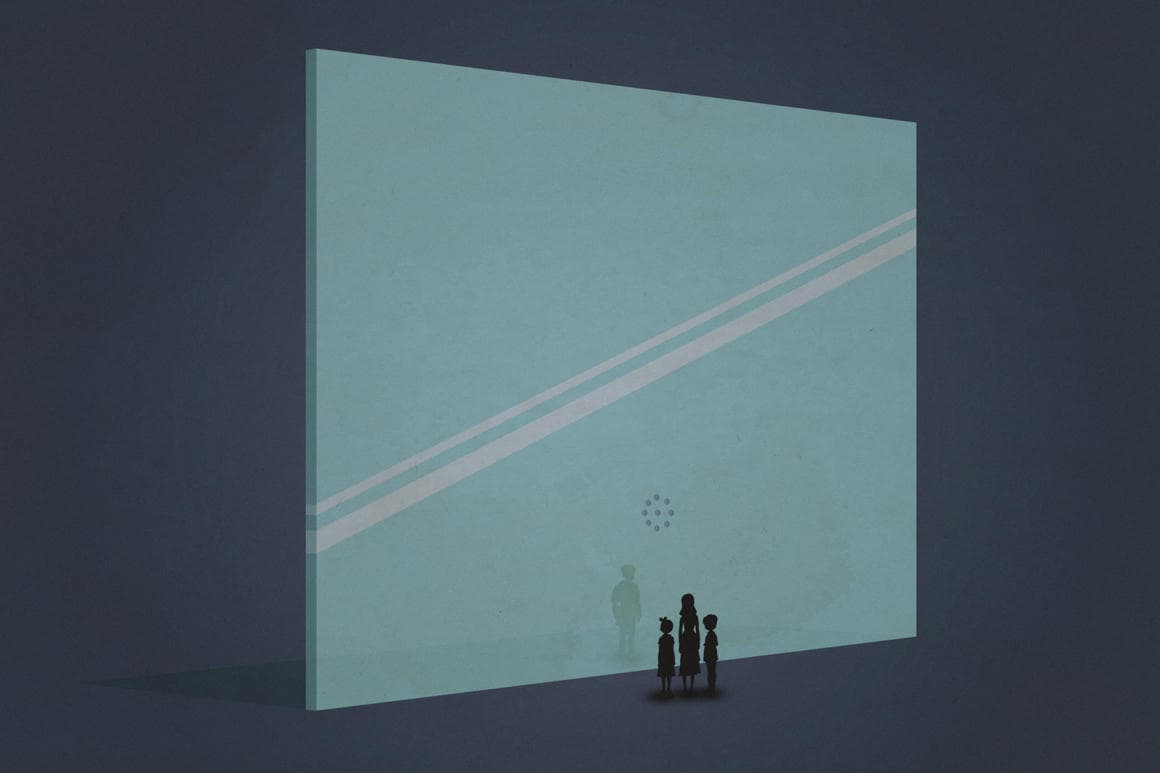
Physical separation during prison visits in Hungary: considerable improvements and remaining concerns
The Hungarian Helsinki Committee (HHC) utilised all human rights CSO tools (research, advocacy, empowerment, strategic litigation, public- and professional awareness raising) to eliminate mandatory glass partitioning between inmates and their family members in Hungarian prisons during visits for seven years. The seven-year-long status quo is currently changing.
Read the HHC’s recent submission to the Committee of Ministers in the case of Takó and Visztné Zámbó v. Hungary on severe and general restrictions on prison visits constituting a mass human rights violation to the right to respect for private and family life. The Committee of Ministers is the body of the Council of Europe that monitors the implementation of the judgments of the high human rights court in Strasbourg, the European Court of Human Rights (ECtHR).
In its submission, the HHC notes some improvements that were introduced in the rules and practice of visits to prisons in Hungary since the ECtHR handed down its judgment in the case of Takó and Visztné Zámbó v. Hungary. Eventually, a bill drafted by the Ministry of Justice was passed by Parliament and promulgated on 4 December 2024, which will further amend the system of visits from 1 March 2025. The HHC continues to monitor the situation closely to ensure that new standards adhere to international human rights standards. In its communication to the Committee of Ministers, the HHC describes a provisional state of affairs regarding the restrictions on prison visits.
The HHC’s submission:
- Provides a brief overview of restrictions on visits since 2017 and the rules currently in force;
- Explains the content of the recently passed law amending the Act CCXL of 2013 on the Execution of Punishments, Measures, Certain Coercive Measures and Petty Offence Confinement (Penitentiary Code);
- Raises outstanding issues relating to the individual and general measures of the judgment;
- Concludes with recommendations to the Committee of Ministers.
Summary of the HHC’s communication
Background
Since 2017, Hungary’s National Penitentiary Administration (NPA) has enforced excessively restrictive visitation policies in prisons, effectively prohibiting physical contact between detainees and visitors. Initially justified as a security measure to prevent contraband, this practice was implemented via internal orders rather than statutory law. Family visits allowing physical contact were rare, and systemic issues persisted, leading to mass human rights violations affecting inmates and their families for several years. Despite considerable positive developments, current legislation and practice still raise some concerns regarding excessive restrictions on physical contact and the mandatory use of the glass partition during visits in some cases.
Current rules and practice
Recent amendments have improved the situation. From mid-2024, prisoners in lower risk categories (I-III) were permitted physical contact during greetings and farewells, with partitions reduced to 50 cm in height. However, higher-risk prisoners (categories IV-V, about 30% of inmates) and those with disciplinary records remain under strict no-contact policies. Disciplinary sanctions, often based on minor infractions, further exacerbate restrictions.
Family visits remain infrequent, and weekday scheduling limits access for working families and schoolchildren, contrary to the best interest of the child principle. While legislation now allows detainees with children under 18 to have a contact-based family visit every six months, which is too infrequent to fall within the scope of international standards.
Recent legislative changes
As a result of recent amendments to the Penitentiary Code, from 1 March 2025, four types of visits will be introduced, with some physical contact allowed during greetings and farewells for certain prisoners. Entirely contact-based visits will only be available every six months, under stringent conditions, with waiting periods ranging from six months to two years, depending on the detainee’s risk category.
The HHC continues to advocate for reforms, highlighting that the upcoming legislative framework – in spite of positive developments – still often prioritises security over family rights and fails to entirely meet European Court of Human Rights standards for individualised assessments.
Ongoing concerns
- Blanket restrictions (although mainly temporarily) still persist for higher-risk inmates and those with disciplinary sanctions.
- Family-oriented measures must be more adequately implemented, improving frequency and eliminating logistical challenges.
- The position of the family members of inmates as claimants in penitentiary decision-making is unclear, even when the decision affects their fundamental rights. Family members often do not receive a response to their requests from the prison administration.
- Administrative decisions about visitation rights are arbitrary and non-transparent. The absence of detailed risk assessment methods, coupled with detainees’ inability to access related documentation, raises concerns about fairness and oversight. Additionally, there is no data on how many prisoners are subject to closed visitation, making it impossible to monitor systemic trends or ensure decisions are justified.
- The individual measures of the judgment are, in part, still to be implemented. The applicant, Ildikó Takó, despite receiving the just satisfaction set out in the ECtHR’s judgment, still has to endure the unjustified restrictions on her visits to her detained husband due to vaguely defined “special security regulations.” As in their case, these measures often lack substantive justification and may exacerbate detainees’ vulnerabilities, including mental health risks.
- The discretionary powers granted to prison authorities have been abused in the past on a systemic level, enabling arbitrary restrictions on visitation rights. In the case of excessive restrictions on visits, lower-ranking norms conflicted with higher-ranking laws, leading to unlawful limitations on detainees’ fundamental rights.
- Legislative reforms, though promising, still impose significant barriers to maintaining family relationships.
Overall, while legislative amendments represent significant progress, they fail to fully address critical gaps in fairness, transparency, and adherence to international norms, leaving detainees’ and their family members’ rights inadequately protected. The HHC urges further adjustments to ensure compliance with human rights obligations and to facilitate meaningful family connections for detainees.
Downloads
- HHC_Tako_and_Visztne_Rule_9-2_FINAL pdf, 401 KB Download